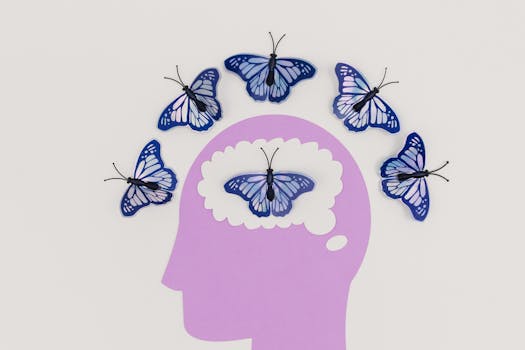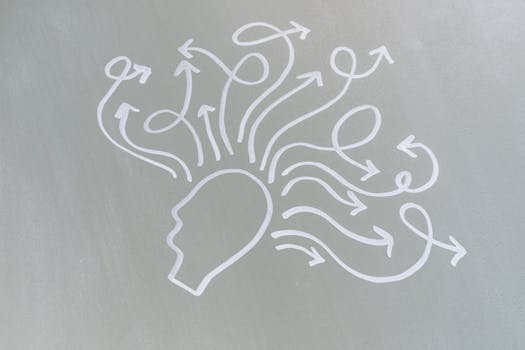
The Enigma of the Human Brain

The human brain, often described as the most complex structure known in the universe, holds more than just instructions for fundamental bodily functions. It is the epicenter of our thoughts, personality, and consciousness. Understanding this ambitious puzzle is a voyage that has driven neuroscientists and researchers for centuries.
Neuroscience: A Brief Overview

Neuroscience is the interdisciplinary field that focuses on the study of the nervous system, including the brain. It incorporates various disciplines such as biology, psychology, and computer science to unveil how the brain operates. With new techniques and technological advancements, recent years have brought groundbreaking discoveries that have reset our comprehension of how the brain works and its interconnections with behavior, thought, and emotion.
Latest Breakthroughs in Neuroscience

In recent developments, several milestones have put the spotlight on neuroscience. For instance, the advent of brain imaging techniques, such as MRI and PET scans, enables scientists to observe the brain in action. This provides invaluable insights into how different regions of the brain correlate with specific mental functions and responses.
Moreover, techniques in cognitive neuroscience have shed light on the neurological basis of disorders such as depression and anxiety. Researchers have developed targeted therapies incorporating pharmaceutical and behavioral interventions that aim to regulate imbalances in neurotransmitters and cognitive functions.
Emerging Techniques and Technologies

Emerging technologies also play a pivotal role in advancing neuroscience. Electrode arrays and invasive methods facilitate researchers in both observing and stimulating neural pathways – an accomplishment that holds promise for profound benefits in brain injury rehabilitation and neurodegenerative disease treatments.
Interestingly, the advent of artificial intelligence (AI) stands out, where AI models are used to predict brain activity patterns with remarkable accuracy. These leaps not only broaden the horizons of clinical applications but also challenge traditional understandings of intelligence and learning.
The Future of Brain Research

The aspirations toward future neurological explorations are immensely brilliant but complicated. The intricate mesh of physiological brain processes raises ethical concerns regarding emerging therapies and technologies—neuroscience at this frontier bridges the line between demonstration and healthcare reform, contributing significantly to social, ethical, and philosophical dialogues.
Finally, the integration of these innovations promises creating assistive technologies for overcoming debilitating neurobehavioral conditions. As we delve deeper into the unfolding stories told by our brains, potential breakthroughs seem likely not only to summon potential cures for illnesses but to explore humanity’s detachment—bridging our shared understanding of thought and emotion values.
Conclusion

The journey to unravel the mysteries of the human brain energizes the pursuit of knowledge in neuroscience. As breakthroughs continue to reveal clues and stimulate curiosity, understanding the intricacies of how the brain interacts with behavior can ensure transformative impacts on mental health and innovative therapies. As we stand at this crossroads of discovery, the potential to augment human existence is invited but still very much remains grounded in exploration and careful consideration of the impact of our discoveries.






